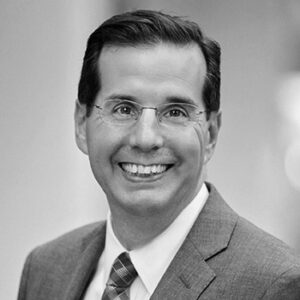Game Changer: The Retirement PEP Rally

A critical challenge in enhancing Americans’ retirement security is expanding access to workplace retirement savings – especially for those working for small employers. In response, Congress included a pooled plan solution in the SECURE Act.
With a pooled plan, most of the administrative and fiduciary responsibilities are handled by the pooled plan provider – not the employers. As a result, employers – especially smaller ones – will be better able to offer workplace retirement savings plans with reduced burdens and costs.
The SECURE Act requires a pooled plan provider to register with the U.S. Secretary of Labor before beginning operations. In early September, the Department of Labor (DOL) took action issuing a Proposed Rule laying out registration requirements for pooled plan providers for Pooled Employer Plans (PEPs). ACLI submitted supportive comments in response to the proposal, suggesting ways to simplify the Proposed Rule’s registration requirements to help get these plans up and running soon.
ACLI applauds DOL’s timely efforts to implement the SECURE Act’s PEP provisions. PEPs can be gamechangers – as they will provide a major opportunity to enhance coverage under the private sector employee benefit plan system. ACLI estimates PEPs will lead to an additional 700,000 workers with access to workplace retirement savings.
Three-fifths of small employers (those with 99 or fewer employees) rely on life insurer products and services in their employment-based retirement plan. Life insurance companies have substantial operational and administrative expertise associated with the establishment and maintenance of retirement plans and are therefore uniquely qualified to act as PEP sponsors – or as PEP service providers.
See you at the PEP rally!





